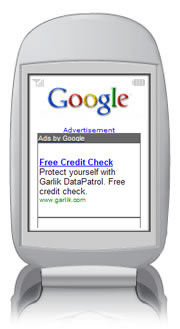
Google's chief executive believes that as mobile phones become more like handheld computers and consumers spend as much as eight to 10 hours a day talking, texting and using the Web, advertising becomes a viable form of subsidy.
Schmidt told Reuters,
Google is experimenting with delivering text, brand-image and video ads onto small-screen mobile phones. It is enjoying early success in its strategy to win phone network allies in Japan, where TV viewing and shopping on phones is advanced, he said.
"Your mobile phone should be free...it just makes sense that subsidies should increase."
The Google executive said his own company had no plans to directly give away phones itself, nor is he aware of any effort by partners such as phone makers Nokia or Motorola or mobile operators like Vodafone to make such a radical move, he said.
Schmidt acknowledged that mobile phones may never become totally free to the consumer. Newspapers are still not completely free a hundred years after they started relying on advertising, but they certainly are inexpensive, he noted.
The company, which will derive virtually all of its expected $10 billion in revenue this year from selling text ads to computer users who use Google to search the Web, has said previously it expected mobile phone advertising to match computer-based ad revenue over time.
Source: CNNMoney.com
No comments:
Post a Comment